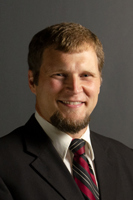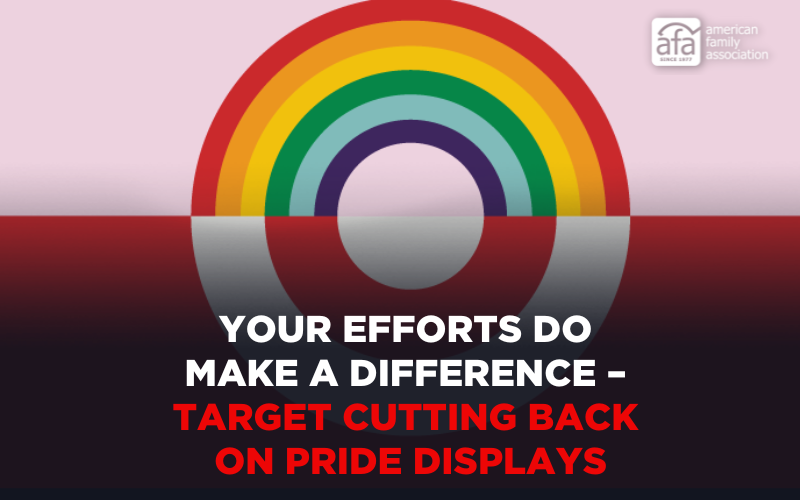

(Digital Media Editor's Note: This article was published first in the December 2022 print edition of The Stand HERE.)
When Morrill Worcester, owner of Worcester Wreath Company of Harrington, Maine, found himself with a surplus of 5,000 wreaths nearing the end of the 1992 Christmas season, he decided to use them to honor U.S. veterans.
Little did Worcester know, those left-over wreaths, coupled with a desire to honor American soldiers, would spark an annual tribute celebrating 30 years.
Morrill’s wife Karen spoke with The Stand about their organization, Wreaths Across America (WAA) – how it began, and what it has become.
The Stand: What is Wreaths Across America?
Karen Worcester: Wreaths Across America is a 501(c)(3) organization with a mission to remember the fallen, honor those that serve, and most importantly, teach the next generation the cost and value of freedom.
TS: When and how did WAA get started?
KW: In 1992, the Worcester family, my family, who is in the balsam wreaths and products business, had a surplus of wreaths, and my husband wanted to do something meaningful with them.
He thought if we could get permission to place the wreaths at Arlington National Cemetery, it would be a wonderful way for our family to say thank you, as well as be a wonderful experience for our kids.
So he made a call to a local politician, they made a call to people in D.C., and we couldn’t believe it, but we got permission to take our leftover 5,000 wreaths to Arlington National Cemetery.
The impact on my kids, my husband, and a handful of volunteers was really something. When they came home, they just couldn’t stop talking about it, so we decided we would make this a family tradition if they would let us.
From 1992 until 2005, our family and a few volunteers would make the journey to Arlington, and they would have us do a different section of the cemetery every year. While placing the wreaths, we would read the names on the gravestones and come away just feeling blessed.
TS: How did it become a national event?
KW: We never intended for it to be a national project. It was just a way for us as a family to show gratitude, educate our children, and instill patriotism and appreciation for the price service members often pay. When you stand at the foot of a grave and see a name, it becomes very personal. It’s not just a statistic.
In 2005, a Pentagon photographer was there while we were placing wreaths and snapped a photograph. It had snowed, and it was a beautiful picture. It went on the Pentagon’s website, and it went viral.
By January 2006, my husband had literally thousands of emails from veterans, Gold Star families, and from people saying, “Is this true? I would like to be part of this. Can we help?”
We began receiving money in the mail. Our company had to hire somebody to open the mail and send money back to people, because we were just a family doing this.
It just struck a chord with people. We were getting calls every day, even from people deployed, and we listened. We listened to what they thought this would give them an opportunity to do. What people seemed to want more than anything was for us to remember, honor, and teach.
TS: How did others begin to participate?
KW: We got so many calls throughout 2006, but we knew we couldn’t send 5,000 wreaths to everybody that asked. So we decided as a family that we’d provide a wreath for each branch of the military plus one for POW/MIA and send them to whoever wanted to hold their own ceremony at their local cemetery, national cemetery, or their town square.
That year, we sent out between 130-150 sets of wreaths. Then we began getting calls from communities and schools between Maine and Washington, D.C., asking if we could stop by on our way to Arlington to show their kids and educate them. That just got bigger and bigger, and what would have normally been a two-day trip turned into a week-long trip.
People often ask, “Why did you start this?” We really didn’t. We were doing this for almost 15 years. And when people found out, it literally was the people – the American people. It was the people that do care about the military and do understand what our kids need to know.
It was like a groundswell. They lifted us up and kind of appointed us to do something. And so, we went. It just took off. I don’t know how to explain it other than that. But it changed our lives forever.
From that point forward, participation grew. We knew we couldn’t provide the quantity of wreaths necessary, so we implemented a way for people to be able to sponsor individual wreaths. Now, anybody, anytime, for $15, can have a wreath placed on their loved one’s grave anywhere that we’re participating. And anybody can participate and even have a ceremony at their own location if one is not close enough.
TS: How many locations participate, and how many wreaths are placed yearly?
KW: Last year, even off the heels of COVID, we placed 2.4 million wreaths at 3,100 locations. We have 2 million volunteers, and a third of those volunteers are kids. We get way too much credit because this whole thing is built from the bottom up. Every single location, every cemetery, has somebody who volunteers to be a coordinator. Then they go out with the community and raise the funds for individually placed wreaths. This year, we’re on track to do 3,500 locations.
TS: How do the wreaths make it to their destination?
KW: Most of our wreaths, about 90%, are delivered by volunteer trucks and drivers. Whether company trucks or privately owned trucks, they travel to Maine from all over the country and converge on this little community. Literally hundreds of people from all over the country volunteer their time and resources to get these wreaths to these ceremonies.
TS: What is a ceremony like?
KW: We try to coordinate and hold our ceremonies at the same time. This year it’s December 17, and at noon, we’ll all be doing this together.
During the ceremony, a volunteer will place a wreath on the marker of a fallen hero, while saying their name to ensure their sacrifice is never forgotten.
The Gold Star families tell us it’s so healing for them. For many of these families, this is where their Christmas is spent.
The rest of the country must know what we have has come at a high cost. People often say freedom’s been bought and paid for. That’s not exactly true. It still has an open account here.
Men and women have served and are serving this nation, and we need to have a generation of kids that understand what’s great and good about this country.
And so much of what’s great and good about this country are the stories and the families that are represented in these cemeteries.

